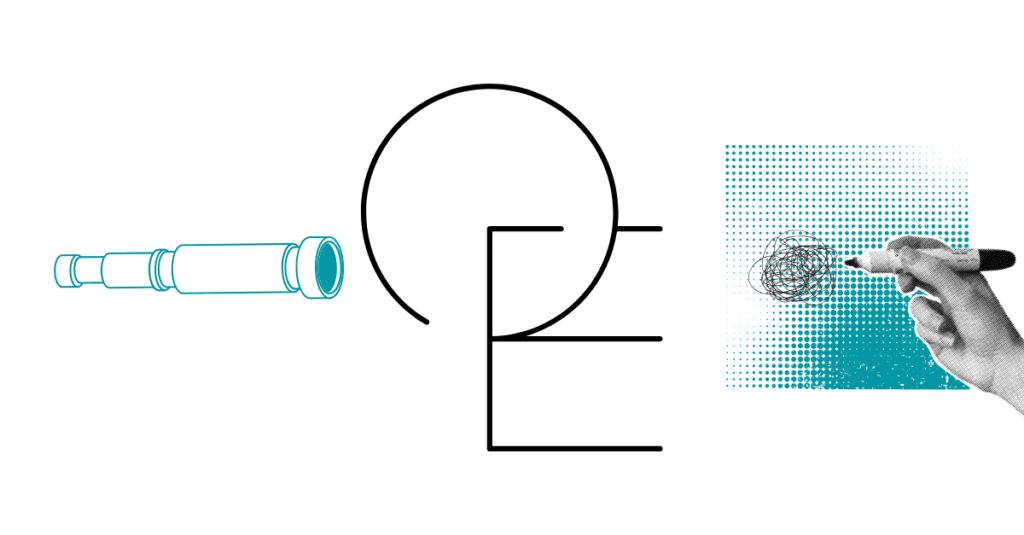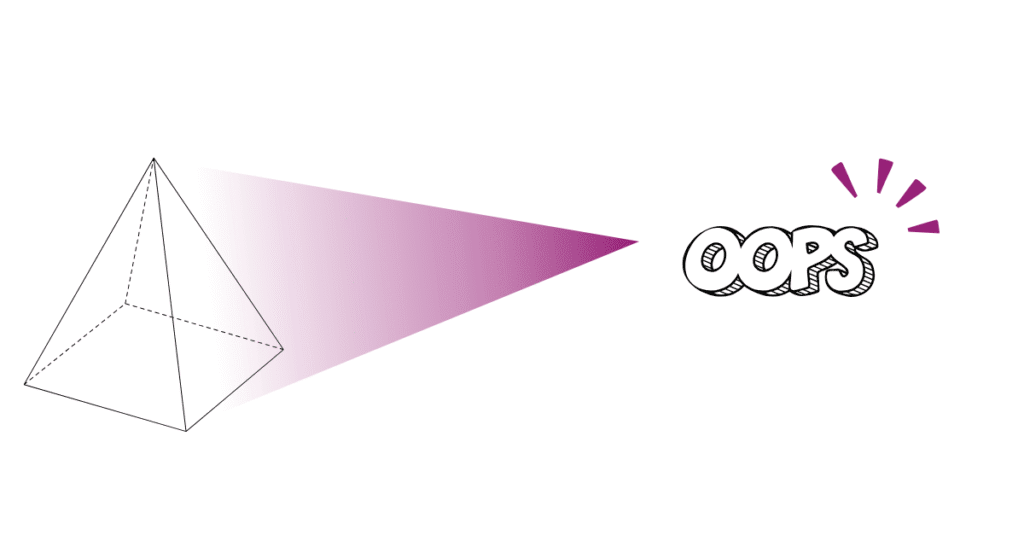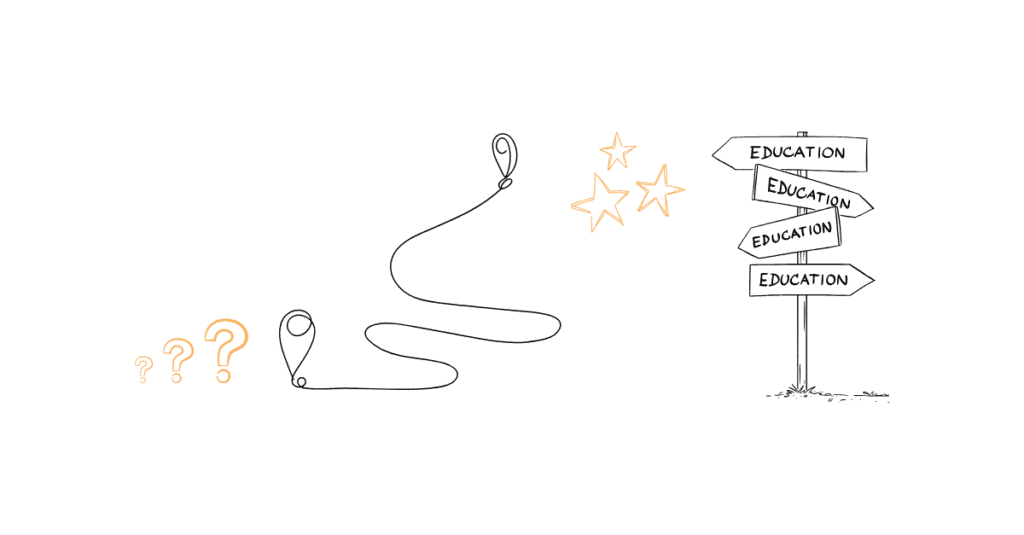Rarely a workshop or seminar goes by in which managers don’t talk about how to transform the organisational culture, structures, and processes to meet the new demands of Generation Z.
Gen Z is the term used to describe young people who were born after 1997 and are now around 20-25 years old.
This age group poses a great challenge to many senior managers due to the following two reasons:
Core Gen Z Challenges
➡️ Changing mindset, values, and expectations
The beliefs and expectations of Generation Z when it comes to the domain of work differ significantly from the way in which previous generations have been running companies for the last decades. Younger employees demand a good work-life balance and call for more meaning in their jobs, which clashes with the discipline and stamina that older employees associate with ‘work’.
➡️ Lack of (young) professionals
Companies around the world are looking for young talents as they need GenZ in order to continue to exist. The so-called ‘war for talents’ is at a peak due to declining birth rates since the 1960s. In fact, in 2011, birth rates were less than 50% of those we saw in 1963/64. For Germany alone, the Institute for the German Economy has identified a gap of over 500,000 employees that cannot be covered. And this trend looks like this will not change anytime soon since more and more people decide not to have children to prevent contributing to the growing population worldwide.
If one of the two social trends mapped out above would not exist, Generation Z would not be such a ‘problem’ for companies. Either young people and their changing needs could simply be ignored as there would be a big pool of talents, or Gen Z would fit into organisations just as well as other generations did since they would have the same mindset towards work.
Today, however, companies are forced to meet the expectations of GenZ since the power has shifted from the employer to employee.
What does Gen Z want?
In one of our platforms for managers, we invite so-called young professionals to a fireside chat with older managers. The question posed to the young employees is always the same: “How do you want to be led?” We have now initiated more than 10 such conversations, but the results are always the same. The young generation formulates the following expectations:
Work-life balance
The first key term young employees use is work-life balance. “I am not willing to sacrifice anything personal for the job,” is how one young professional puts it. This clearly does not mean that work comes after personal life – but not before either.
Young people want a well-balanced life. Times with extra work are accepted, but must be balanced by times with less work (and less hours). The old phrase “overtime is considered compensated” is rejected. They want to be able to do sports, socialise and further their education.
Development and promotion
Another concern of young people is to be promoted on the job. Not only at the beginning of a career, but continuously. On the one hand, this means being offered formal paths for a professional and managerial career and a plan for how this path can be accomplished and accompanied by their managers. But it also means growing personally and professionally with the tasks. Development is not only measured by career steps, but also by size and impact of tasks and projects.
When asked how long an employee would do a job where she was not promoted, she replied, “Maybe six months.” Then she would look for alternative positions at other companies.
Personal responsibility
Young employees who are given big tasks also want freedom and the opportunity to handle these tasks responsibly at their own time and in their own way. Micro-management is rejected. One young professional put it very concretely: “If I need guidance, I’ll come get it.”
Equal treatment
There is a particular resistance from many managers and HR professionals towards the desire for equal treatment that Generation Z requests. This means, first of all, fair pay for all. In many companies, payment is still based on the length of service – the longer the service, the higher the salary. Young people reject this. They want to be rewarded for their work, regardless of their years of experience. This might be due to the rising costs of higher education that young professionals have to pay, and they feel like their professional expertise is worth just as much as the years of experience of their older colleagues.
Furthermore, equal treatment also means that senior managers meet young employees at eye level. They want to feel like they are heard and that their ideas are acknowledged. If a company culture is still dominated by hierarchical behaviour and status differences, it is more likely to drive young people away than to integrate them.
Flexible and modern working environment
This desire was evident even before the COVID-19 pandemic. Young employees want to be flexible and, as mentioned above, be able to balance work and private life. However, rigid regulations on working time and place make this difficult. Self-determination in deciding where and when to work is one of the most important criteria for young people, but it requires trust and flexibility on the part of their teams and managers.
In addition, young colleagues also want to work with modern tools. Having grown up with a well functioning internet connection, beautifully designed apps, cloud applications and social networks at home, young people find it difficult to work with outdated equipment, 90s-style software and without functioning virtual work environments.
Meaningful work
A final, frequently mentioned point is the meaningfulness of work. When asked, GenZ representatives explain that it is not (only) about an overarching purpose, but they want to understand the meaning of a task. When they are given a task, they want to understand who the result of their work serves, what problem it solves or what value it creates.
Work is perceived as meaningless when the outcome and impact is not known. Or, when only bureaucratic, hierarchical rituals without added value are served.
Are we all Gen Z?
A few years ago I led a workshop with HR experts from over 10 countries in Europe. GenZ was identified as a major challenge. We then explored the expectations of young employees and came up with a list of requests described above. Then I asked the participants, “Which one of these do you actually NOT want?”
It quickly became clear: There is no difference in our needs. All employees, regardless of age, want a working world where they can develop, find meaning, work independently and with contemporary technologies – and not have to sacrifice their personal lives.
So what has changed?
The trends mentioned at the beginning and the reversal of power relations merely make it possible for young people today to formulate these needs. They are demanding something that everyone wants – but this generation now has the power to get it.
The unemployment rate in Germany has almost halved since the 1990s, birth rates are declining, many jobs remain unfilled. All this plays into Generation Z’s hands. Today, they have a choice between various job offers – unlike in earlier decades, when it was much more difficult to find a job.
In essence, GenZ wants something that we also wanted – but never dared to demand. This is why senior managers might feel a subtle envy towards the perks their young colleagues are now receiving.
Another (new) phenomenon has emerged in the past two years, which the World Economic Forum calls ‘Great Resignation’: Many well-paid professionals change companies or become self-employed. The reasons are: they want to work more autonomously and independently, leave toxic corporate cultures (and bad leadership) behind, work more flexibly and improve their work-life balance.
McKinsey’s August 2021 Global Survey provides a scary number for companies: 40% of employees surveyed are thinking about leaving in the next 3-6 months. Basically, these professionals decide based on the same criteria as Generation Z. Some leave a company if it does not meet the criteria, others do not even start there.
The ‘transactional contract’ is being terminated
We should listen to young people and learn to understand their needs. They only represent a trend and a fundamental transformation in the self-image of companies and especially of leadership. A transactional culture (in which a company pays money, and in return determines how people have to think and behave) – no longer works.
Today, an employment contract defines more than a transaction. It must be a promise to people to provide a healthy, productive, self-directed work environment that creates value for them as individuals, for others, for the business, and beyond.
Many people are cancelling transactional contracts – or they are unwilling to sign them in the first place. This creates pressure on companies, but also an opportunity to reflect on one’s own values, beliefs and basic assumptions and to consciously build a new culture on new values.
This is particularly challenging for older leaders. After all, they are successful because they have fulfilled the transactional contract. Careers in the past were a big adjustment and demonstrated a willingness to make sacrifices. Generation Z neatly shakes up the underlying convictions, imprints and beliefs. The demands of GenZ generate (emotional) resonance – they shake up the basic understanding that has made many managers and leaders successful.
Cultural change through Gen Z
It is precisely this upheaval that creates the opportunity for real cultural change. I advocate a genuine dialogue between the generations in which the needs of the individual groups are made visible. In which all generations meet at eye level. In which they seek solutions together and learn from each other (yes, you can also learn something from the young).
The confrontation with Generation Z thus holds the opportunity for a profound cultural change and the negotiation of a new contract between companies and employees. Finally, Gen Z is one of the 8 Core HRT Challenges until 2025 that we have identified. Also read the article “The Gen Z Mindset” from Mia Rosenzweig.
Read more
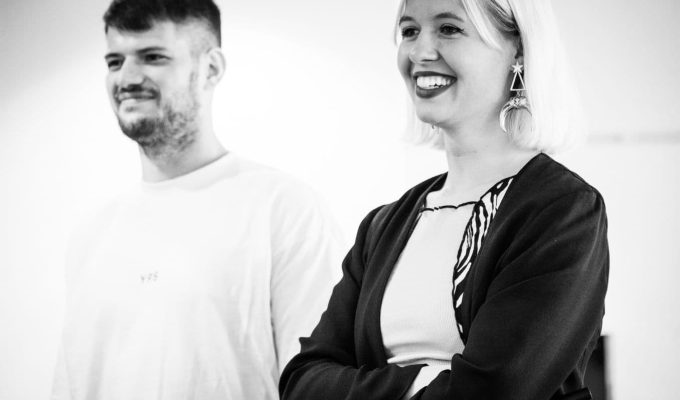
Develop your leadership talents into future leaders
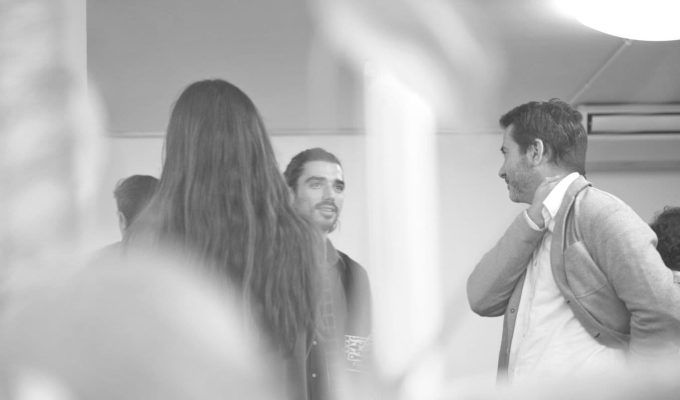
Core principles, competences and practices for modern leadership.


